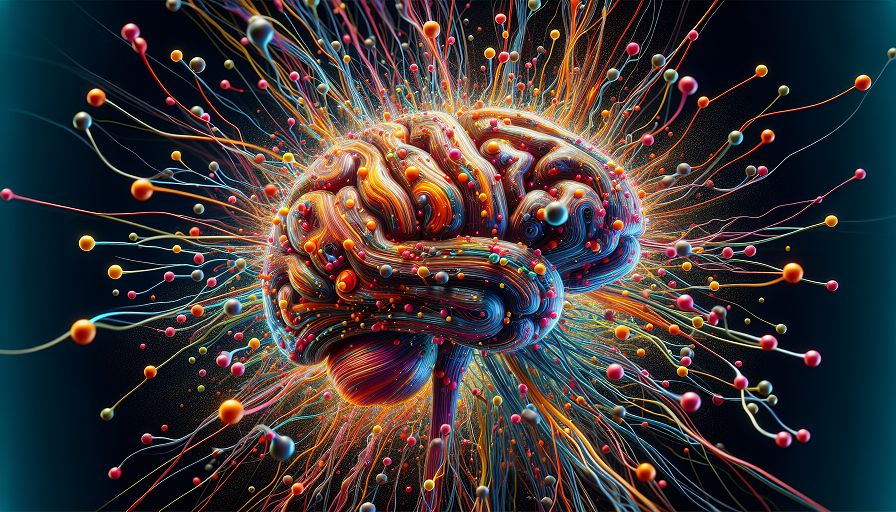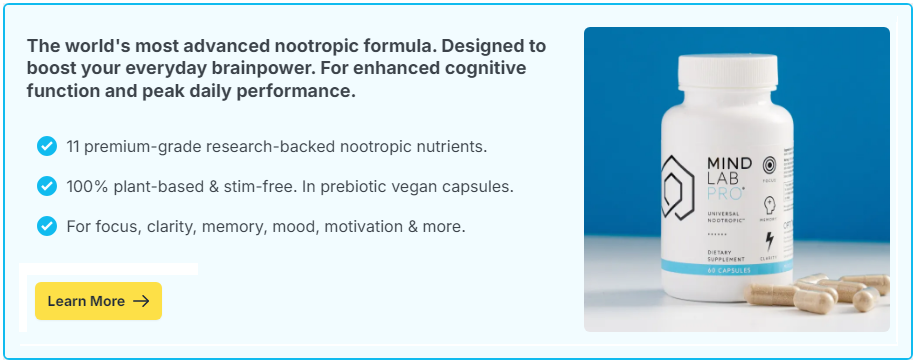
Ever feel mentally sluggish? Brain fog, forgetfulness, and lack of focus can often be traced back to your diet.
Your brain needs specific nutrients to function at its best. The right foods can boost memory, improve focus, and enhance cognitive performance, while the wrong ones can leave you feeling drained and foggy.
Here are 9 nutrition hacks to help you eat for mental clarity and peak brain performance.
Contents
- 1. Start Your Day with Brain-Boosting Fats
- 2. Balance Your Blood Sugar for Stable Focus
- 3. Hydrate for Better Cognitive Function
- 4. Eat More Antioxidant-Rich Foods
- 5. Prioritize Protein for Neurotransmitter Production
- 6. Reduce Processed Foods and Artificial Additives
- 7. Fuel Your Gut-Brain Connection
- 8. Use Smart Caffeine Strategies
- 9. Time Your Meals for Optimal Brain Power
1. Start Your Day with Brain-Boosting Fats
Why it works: Your brain is made up of nearly 60% fat, so healthy fats are essential for cognitive function.
The science: Studies show that omega-3 fatty acids, found in foods like salmon, walnuts, and flaxseeds, enhance memory and reduce brain inflammation.
How to do it: Swap out sugary cereals for a breakfast rich in healthy fats, like avocado toast with eggs or a smoothie with flaxseeds and almond butter.
2. Balance Your Blood Sugar for Stable Focus
Why it works: Blood sugar spikes and crashes can lead to brain fog, irritability, and poor concentration.
The science: Low-glycemic foods help maintain stable blood sugar levels, preventing energy dips.
How to do it: Choose complex carbs like quinoa, oats, and sweet potatoes instead of refined sugars and white bread.
3. Hydrate for Better Cognitive Function
Why it works: Even mild dehydration can impair focus, memory, and problem-solving skills.
The science: Research suggests that drinking enough water can improve cognitive performance and prevent fatigue.
How to do it: Aim for at least 8 glasses of water daily, and include hydrating foods like cucumbers and watermelon.
4. Eat More Antioxidant-Rich Foods
Why it works: Antioxidants help protect brain cells from oxidative stress and cognitive decline.
The science: Foods rich in flavonoids, polyphenols, and vitamin C have been shown to improve brain function.
How to do it: Load up on blueberries, dark chocolate, turmeric, and leafy greens.
5. Prioritize Protein for Neurotransmitter Production
Why it works: Protein provides amino acids that help produce neurotransmitters like dopamine and serotonin, which regulate mood and focus.
The science: Studies link higher protein intake with improved memory and cognitive function.
How to do it: Include lean protein sources like eggs, Greek yogurt, nuts, and fish in your diet.
6. Reduce Processed Foods and Artificial Additives
Why it works: Highly processed foods and artificial additives can disrupt neurotransmitter function and increase inflammation.
The science: Research suggests that diets high in processed foods are linked to slower thinking and increased risk of dementia.
How to do it: Stick to whole, nutrient-dense foods like fresh vegetables, lean meats, and whole grains.
7. Fuel Your Gut-Brain Connection
Why it works: Your gut health directly influences brain function, mood, and cognitive clarity.
The science: Studies show that probiotics and prebiotics help maintain a healthy gut microbiome, which in turn supports mental performance.
How to do it: Add fermented foods like yogurt, kimchi, and sauerkraut to your diet.
8. Use Smart Caffeine Strategies
Why it works: Caffeine can enhance alertness and concentration when consumed in moderation.
The science: Research suggests that caffeine, especially when paired with L-theanine (found in green tea), can improve focus and reaction time.
How to do it: Instead of relying on energy drinks, try matcha tea or coffee in small doses throughout the day.
9. Time Your Meals for Optimal Brain Power
Why it works: Eating at the right times helps maintain energy levels and supports cognitive performance.
The science: Studies show that intermittent fasting or spacing meals properly can enhance mental clarity and reduce brain fog.
How to do it: Avoid late-night snacking, eat protein-rich meals in the morning, and experiment with intermittent fasting if it suits your lifestyle.
Interested in more brain health listicles? Go HERE

